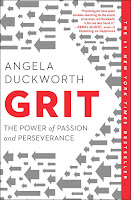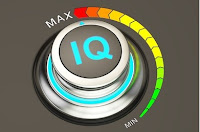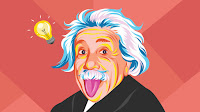What is Genius? Part V - Environmental Circumstances and Conclusion

My previous posts explored internal contributors to genius, but one external factor cannot be overlooked. Environmental circumstances are essential to genius. Being at the right place at the right time, having the right family, teacher (or mentor) are keys to one's success. Some say this is luck, but I say it is more. The stars essentially have to align for a genius to become a genius. Take Terence Tao for instance, widely recognized as one of the best minds in mathematics today. He was born in Australia to Chinese parents who emigrated from Hong Kong. Winner of the Fields medal at 31, Tao was a child prodigy. His father was a doctor; his mother a math and physics teacher. Hence the brains. Early on, Tao's parents encouraged their son to learn at his own (fast) pace and his elementary school tailored a specialized gifted program for him. Tao surely has intelligence, creativity (in order to win the Nobel equivalent in mat...



